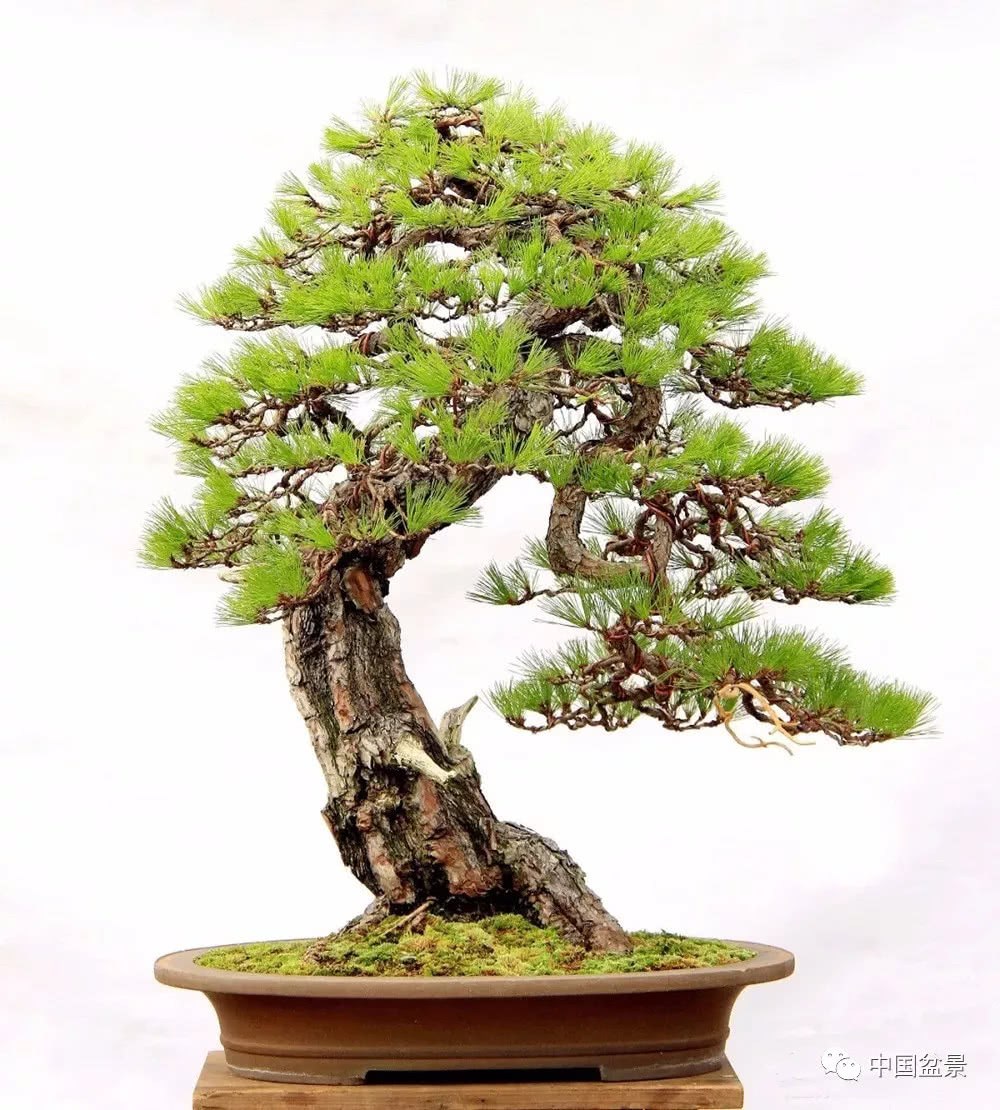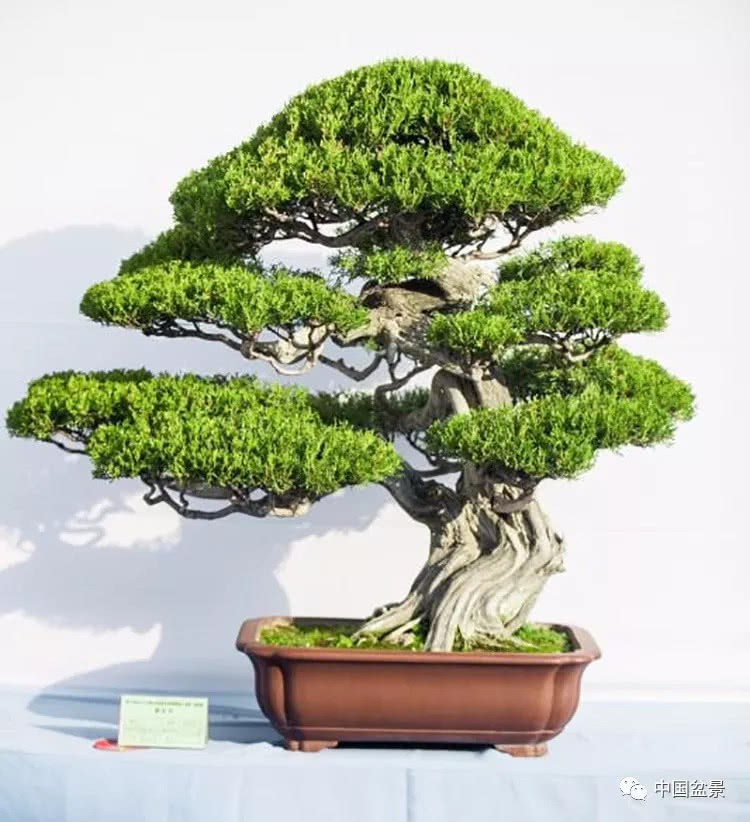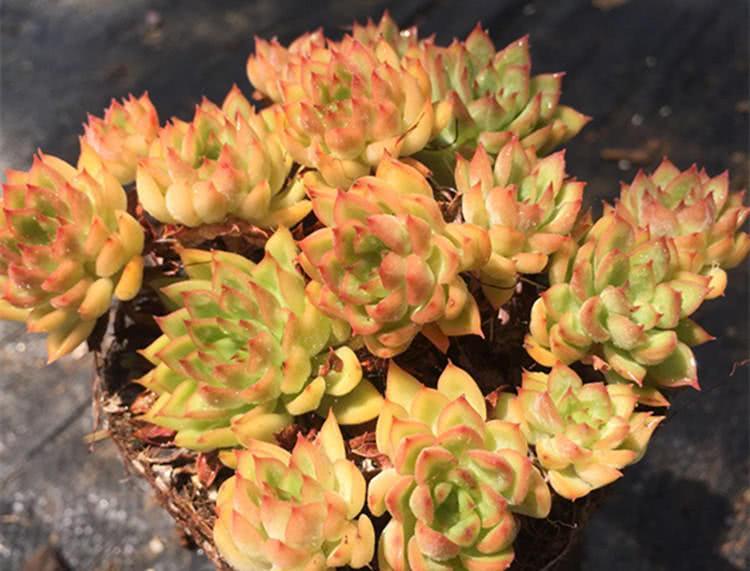See how Huang Aoxun can be changed into red pine bonsai and deep mountain crane Weng

Huang Aoxun's red pine bonsai "Deep Mountain Crane Weng"
Introduction
Pine, proud frost fighting snow, outstanding, first seen in the Book of songs Xiaoyasgan, because of its long age, needles do not wither through winter, was used to wish Shoukao, Yu Changsheng: "rank Sigan, Youyou Nanshan." It's like a bamboo bud, like a pine and lush. " Mr. Huang Aoxun can be said to complement each other by the crane, which also has the meaning of longevity and is often accompanied by the monks in ancient times.
How to change it into Red Pine Bonsai-- the birth of Deep Mountain Crane Weng
Original picture and author | Huang Aoxun
In this paper, the first issue of "China Bonsai Stone appreciation" magazine 2013-10, Wechat official account "China Bonsai Stone appreciation" was also released on September 4, 2018. Chinese bonsai was authorized to release by the original author.
Analysis of material
This is a very precious piece of red pine, and the former author (collector) has been in training for quite a long time. The main skeleton has also been adjusted in place, only need to remove the aluminum wire to disperse it. So far, this work of Akamatsu should be considered to be in the semi-finished stage of the creative process, and experts are all moved by the works at this stage.
The most interesting points of this material are: sound foundation and clue, with ancient trunk and its inclined dry potential are very varied, and the transition from bottom to top is natural. The thickness ratio of the first drooping branch is appropriate. In addition, after years of cultivation by the former author, the branches and leaves are also more luxuriant. These advantages are enough to bring great impulse to the reformer and make him eager to try!
There is no red gold, let alone bonsai. The deficiency of this work is the branching nature of this tree species, and the ultra-long disjointed branches make the author feel that it is not what he wants. However, this work of Akamatsu has eliminated this disadvantage at the present stage. If this work is to reach the peak of appreciation, it also needs to constantly cut and shrink the existing twisted branches during maintenance, so as to further smooth the branches and enhance the strength of the branches.
Changed to the original look, attached to the right to change to the theme scheme table, tree height 104cm
Idea and conception
When I first learned bonsai in the old days, the teacher once said, "the creation of bonsai should be created first and then modeled." at that time, I felt that it was impossible to do it. There are many reasons for this understanding, mainly due to lack of understanding, following the crowd and lack of pursuit of art.
This piece of red pine has been observed and deliberated for a period of time since it entered the garden. In front of the author, there is a scene of a wise and strong old man living in seclusion in the mountains. The author then imagines his ethos of not seeking fame and wealth and being at peace with the rest of the world, which makes people awe. Then came to mind the river, running water, empty mountains and valleys, flowers in full bloom and other scenes, the author seems to hear the sound of pine waves mixed with the sound of cranes, it is simply the dream of heaven on earth. As a result, the work was named "Deep Mountain Crane Weng" and began to draw a "conception map". Next, the branch configuration and spatial layout will be carried out around this theme. The modified works complement each other with the theme and have an immersive feeling.
Experience in the process of conversion
(1) first take back the original branch drifting to the left, and then move the upper right branch closer to the trunk, so that the original floating branch becomes a sagging branch. The whole loose tree shrinks to an upright form, matched with a sturdy foundation and rugged dry muscles. Skillfully take advantage of the spatial changes between stems and branches.
Tighten the first floating branch to the left into a drooping branch
The overall main skeleton is adjusted, mainly for traction and flat binding with thick copper wire, focusing on shrinking the outlines of left and right expansion.
The treatment of dorsal branches, break the original cross branches, pull up
The effectiveness of copper wire alone is not enough, it needs to be supported by thick copper bar
In addition, the treatment of hanging branches is also a difficulty: as a combination group (unit). It is not only an independent drooping branch, but also a transitional connection between the painting theory and the upper layer. In the actual operation, it is processed in stages. Position from coarse branches to twigs one by one, and then adjust the "picture" after the overall posture (the following two pictures, there is a clear difference. The above picture shows the effect before finishing, and the following picture shows the effect after the first finishing.
(2) grasp the outer outline based on the foundation and trunk potential direction to achieve overall coordination and balance. At the same time, it is necessary to move closer to the theme "Deep Mountain Crane Weng" so that the overall tree shape coincides with the theme.
(3) the reasonable collocation of the whole branch frame and the performance of style: this so-called modification of red pine can also be said to be a single posture operation, which has great plasticity and arbitrariness. It is precisely because of this arbitrariness that brings convenience and challenge to the author. The convenient thing is that there is no risk in the transfer, so you can make a slight change on the original basis. The challenge is to arrange the branches and space of the scene. In some aspects, only small changes will lead to differences in the quality of the "picture". Like painting on a blank piece of paper, it brings a test to the author in terms of creative style and consciousness. For this piece of red pine, there are also two major themes: antiquity and coordination. The former is an old tree created by the baptism of nature for decades or even hundreds of years, while the latter devotes itself to the author's spiritual pursuit. At the same time, bonsai is also a challenge to the "beauty of space". How the author skillfully uses the space to make the work show the overall coordinated beauty can be presented in the scene. For example, the hierarchical distribution is rich in variety; the right back branch is set off; the depth of the work is improved by the perspective effect; the virtual and real changes in line with the painting theory, the treatment of details and the deepening of the ancient sense of Shili and the use of divine branches, and so on. Through the above techniques, bonsai not only has the static beauty of serenity and harmony, but also has a magnificent sense of movement.
Adjust the front tree phase after adjusting the layer and space again.
Adjust the back tree phase after adjusting the layer and space again
The tree phase of the left side after adjusting the layer and space again
Adjust the right tree phase after adjusting the layer and space again
In the branch treatment, there is not only obvious scattered distribution of mass structure (like meticulous painting), but also the natural connection between layers, which makes it look rough (like freehand painting). The author's consistent use of the "work-writing" combination of branch style is shown incisively and vividly.
Summary
The creation of bonsai is a long process, and the style of the works varies from person to person. Therefore, the modification of this red pine is still in its early stage, not good or bad. Only by changing it again and again to improve the tree lattice, can we highlight the charm of the precipitation of time in the work! At this point, it is obvious that there are still many deficiencies in the work, which are as follows:
The main results are as follows: (1) the branch frame is not smooth enough, so it needs to be shrunk in segments in the future, and the unnatural twisted branches are gradually reduced through continuous accumulation.
(2) the lamellar balance is not enough and it also needs to be maintained. Especially in the lack of crown leaves, the vertical branch part needs to control the increment and reduce appropriately, and the outer outline part needs to strictly control the widening of the left and right sides and adjust the spatial change properly.
(3) in the next few years, it is necessary to gradually adjust the relationship among stem, branch and leaf, so as to increase the charm of bonsai and make it more attractive.
(4) although the height of this basin is appropriate, the floating mouth is too large, so it feels unstable with this scene, so it needs to be rearranged.
Wonderful playback:
Welcome to Chinese bonsai!
Bonsai exhibition hall that can be enjoyed at any time
Carry forward bonsai culture and exchange bonsai skills!
Enjoy bonsai art and share a happy life!
- Prev

The 15th Qi Culture Festival and Shandong Bonsai Association Federation boutique invitation exhibition will be held soon.
The 15th Qi Cultural Festival and Shandong Bonsai Association Federation boutique (Linzi) invitation exhibition will be held on September 12-16, 2018 at Taigong Lake Botanical Garden, Linzi District, Zibo City, Shandong Province. The 15th Qi Cultural Festival and Shandong Bonsai Association Federation.
- Next

How to greet the succulent golden season in September?
The time for the Beginning of Autumn has come. Although it is difficult to dissipate the heat of the moment after the establishment of autumn, there is still the afterpower of the "autumn tiger". The Beginning of Autumn is also known as Jiaoqiu, but the general trend is that the weather is getting cooler. For succulent the Beginning of Autumn, it marks the end of summer, which is struggling.
Related
- Wuhan Hospital Iron Tree Blooming Result Was Instantly Frightened by the Gardener Master
- Which variety of camellia is the most fragrant and best? Which one do you like best?
- What is the small blue coat, the breeding methods and matters needing attention of the succulent plant
- Dormancy time and maintenance management of succulent plants during dormancy
- Minas succulent how to raise, Minas succulent plant pictures
- What are the varieties of winter succulent plants
- How to raise succulent plants in twelve rolls? let's take a look at some experience of breeding twelve rolls.
- Attention should be paid to water control for succulent plants during dormant period (winter and summer)
- Watering experience of twelve rolls of succulent plants
- Techniques for fertilizing succulent plants. An article will let you know how to fertilize succulent plants.

